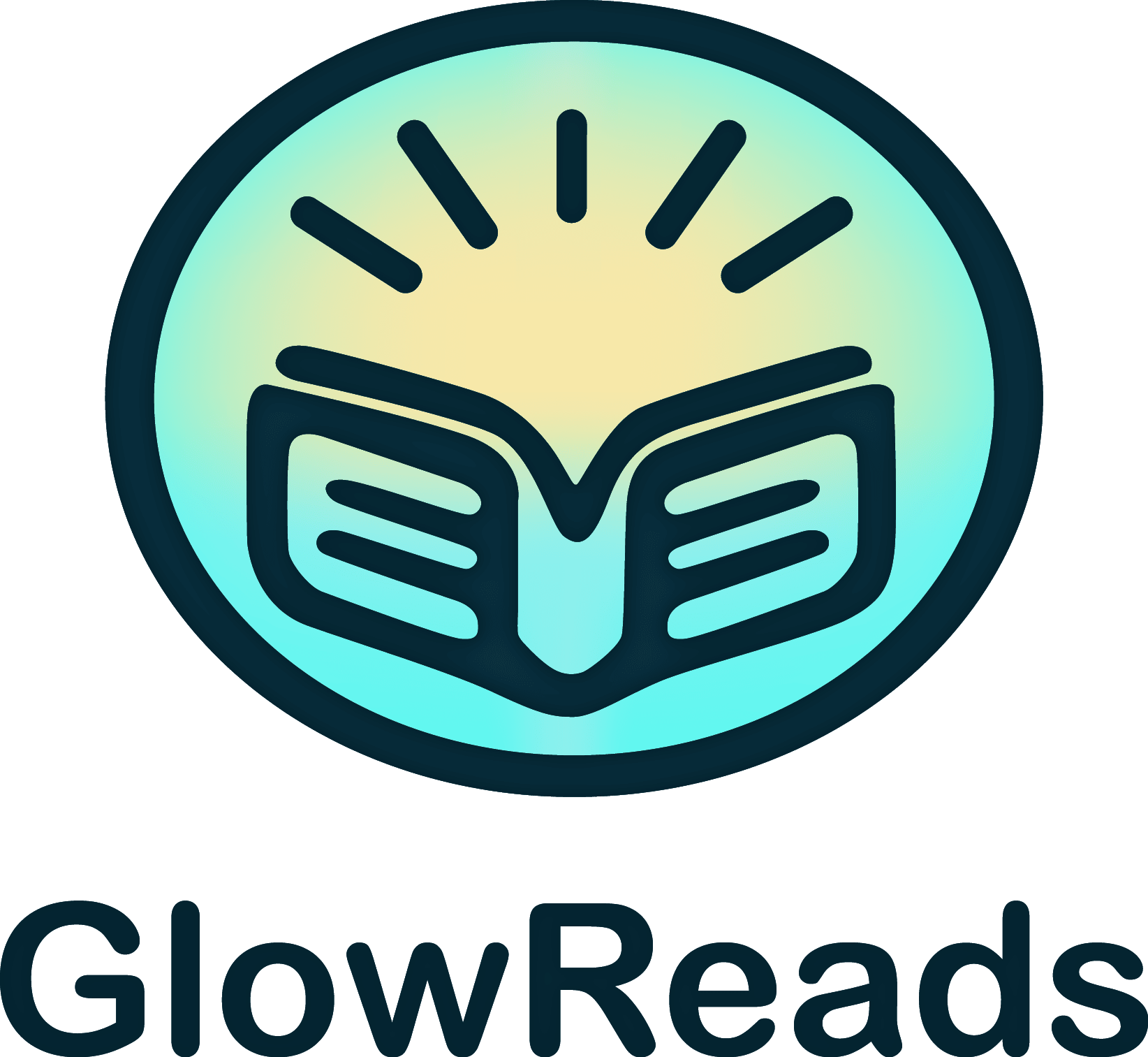Introduction: Prominent dystopian fiction authors are those whose works have left a significant impact on the genre, offering readers vivid and thought-provoking narratives that explore dark and unsettling futures. These authors are celebrated for their ability to blend speculative storytelling with social and political commentary, creating rich and immersive worlds that challenge readers to reflect on the present and consider the potential consequences of societal choices. By engaging with the works of these authors, readers can gain a deeper understanding of the dangers of totalitarianism, environmental degradation, and technological overreach. Here, we highlight ten prominent dystopian fiction authors whose contributions have defined the genre and continue to inspire readers worldwide.
Key Characteristics of Dystopian Fiction Authors: Prominent dystopian fiction authors are known for their ability to create vivid and thought-provoking narratives, often featuring dark and oppressive futures. These authors blend speculative storytelling with social and political commentary, creating rich and immersive worlds that challenge readers to reflect on the present and consider the potential consequences of societal choices. Their works explore themes such as power, resistance, freedom, and the human spirit, providing both entertainment and intellectual stimulation. Dystopian fiction authors employ various narrative techniques, such as detailed world-building, complex characters, and thought-provoking scenarios, to create a sense of urgency and reflection.
Prominent Dystopian Fiction Authors:
- George Orwell: Renowned for his seminal work “1984,” Orwell’s exploration of themes such as totalitarianism, surveillance, and the manipulation of truth have made him a significant and influential figure in the genre. Orwell’s ability to create vivid and unsettling worlds has earned him critical acclaim and a lasting legacy.
- Aldous Huxley: Celebrated for his dystopian novel “Brave New World,” Huxley’s exploration of themes such as individuality, freedom, and the impact of technology on society have made his works timeless and thought-provoking. Huxley’s vivid portrayal of dystopian futures and social commentary have earned him critical acclaim and a lasting legacy.
- Margaret Atwood: Known for her chilling dystopian novel “The Handmaid’s Tale,” Atwood’s exploration of themes such as gender, power, and resistance have earned her critical acclaim and a lasting place in the genre. Atwood’s ability to create vivid and thought-provoking worlds has made her a prominent figure in dystopian fiction.
- Ray Bradbury: Renowned for his dystopian novel “Fahrenheit 451,” Bradbury’s exploration of themes such as censorship, conformity, and the power of literature have made his works timeless classics and powerful cautionary tales. Bradbury’s ability to create vivid and immersive worlds has earned him critical acclaim and a lasting legacy.
- Suzanne Collins: Celebrated for her gripping dystopian series “The Hunger Games,” Collins’s exploration of themes such as power, resistance, and the impact of violence on society have made her works standout in the genre. Collins’s ability to create engaging and thought-provoking narratives has earned her critical acclaim and a wide readership.
- Yevgeny Zamyatin: Known for his pioneering work “We,” Zamyatin’s exploration of themes such as totalitarianism, individuality, and the conflict between freedom and control have made his works significant and influential in the genre. Zamyatin’s vivid portrayal of dystopian societies and critique of authoritarianism have earned him critical acclaim and a lasting legacy.
- Lois Lowry: Renowned for her thought-provoking dystopian novel “The Giver,” Lowry’s exploration of themes such as individuality, freedom, and the importance of memory have made her works timeless and thought-provoking. Lowry’s ability to create vivid and immersive worlds has earned her critical acclaim and a lasting legacy.
- Kazuo Ishiguro: Celebrated for his haunting dystopian novel “Never Let Me Go,” Ishiguro’s exploration of themes such as identity, humanity, and the ethics of scientific advancement have earned his works critical acclaim and a lasting place in the genre. Ishiguro’s ability to create vivid and thought-provoking narratives has made him a prominent figure in dystopian fiction.
- Anthony Burgess: Known for his disturbing dystopian novel “A Clockwork Orange,” Burgess’s exploration of themes such as free will, violence, and the nature of evil have made his works significant and influential in the genre. Burgess’s unique linguistic style and critique of societal control have earned him critical acclaim and a lasting legacy.
- Cormac McCarthy: Renowned for his bleak and haunting dystopian novel “The Road,” McCarthy’s exploration of themes such as survival, hope, and the human spirit have earned his works critical acclaim and a lasting place in the genre. McCarthy’s ability to create vivid and immersive worlds has made him a prominent figure in dystopian fiction.
Conclusion: Prominent dystopian fiction authors have made lasting contributions to the genre, creating works that continue to resonate with readers and offer vivid and thought-provoking narratives. By engaging with the works of these influential voices, readers can gain a deeper understanding of the dangers of totalitarianism, environmental degradation, and technological overreach. These prominent dystopian fiction authors have defined the genre with their rich world-building, social and political commentary, and exploration of profound themes, making their works essential reading for anyone interested in exploring dark futures and societal warnings.
